Felicity HannahBBC presenter and Josh MartinBusiness reporter
People swapping cask ales for cappuccinos or ordering a burger and a beer via Deliveroo rather than at their local are a new threat to pubs, according to the boss of Greene King.
Nick Mackenzie, who runs the brewer and pub chain with 2,700 sites across the UK, agreed there were other businesses fighting for consumers' money as a growing share of the population was not drinking alcohol.
"They're taking away leisure time from the pub, yeah. You know, people are choosing to go into coffee shops," he said. "They are part of that competitor set, as are delivery [apps]."
There are now more than 14,000 cafes and coffee shops across the UK. Pubs still number more than 40,000 and the 57-year-old is adamant that the pub cannot be beaten as a fixture of the community.
Mr Mackenzie was quick to reiterate the special status that pubs hold in the UK, emphasising that "community" was as much a selling point as the beers, wines and spirits they sold.
But can pubs - inextricably linked to the sale of booze - entice the younger generation to its premises when the around one-third of under-25s and 20% of all Brits don't drink alcohol?
He made a point of highlighting the no-alcohol beer on draught after nipping into the New Explorer pub, just off Oxford Street, even while pointing out low-and-no alcohol pints still makes up only a small share of overall sales.
"It means that if you don't drink, you can come to the pub, you can meet friends, you can do the things that everybody does in the pub," he said.
"My experience - and certainly from my own family - I know young people are still out going to pubs and drinking, but we are also having to adapt to trends around well-being, trends towards low-and-no alcohol."
Mr Mackenzie said the "coffee offer now is credible" across Greene King's venues as the industry as a whole adapts to an environment where customers come in to have just a coffee or a meal.
"Pubs are creating environments that now are much more comfortable rather than feeling like [being] sat in a dingy pub. Not all pubs are like that, I know," he added.
And although the brewing boss wasn't yet committing to on-trend iced matcha or pumpkin-spiced lattes, he said Greene King pubs are selling more hot drinks "than ever before".
The industry's trend away from drinks-led "dingy pubs," toward food-led gastro pubs has been in effect for a while — ONS data suggests the share pub company staff work in kitchen-focussed roles surpassed those behind the bar in 2014 and has increased ever since.
More recent has been the number of bars and pubs built around "competitive socialising", where dates or groups split time between the bar and games like crazy golf, shuffleboard or axe-throwing. That sub-set of hospitality has more-than doubled from 280 bars and pubs pre-pandemic to around 600 now, according to data from estate agents Savills.
The Greene King boss said some of his pubs were expanding into competitive socialising using electronic dartboards and shuffleboards to attract and maintain customers who are after an "elevated experience".
If the company was to lean into amusements at more pubs, Mr Mackenzie's CV may be an asset.
Before Greene King he ran Merlin Entertainment, owner of Thorpe Park, Madame Tussauds and Legoland, which had a certain appeal to his two children.
"My kids benefited from that when they were younger — they had theme parks to go to. And when they hit 18, I got back into pubs, so they were quite happy about that too," he said.
The Greene King boss was speaking to the BBC's Big Boss Interview ahead of Chancellor Rachel Reeves' Budget, and Mr Mackenzie was hoping for "no surprises" from it as the government looks to raise taxes to plug a multi-billion-pound shortfall.
Hospitality and retail companies in particular bore the brunt of the Chancellor's decision last year to increase the amount employers pay for National Insurance, per employee.
What he wanted from Reeves was "less surprises, give us some breathing space, but actually do the things that you said you were going to do in your manifesto about solving the business rates issue".
Top of Mr Mackenzie's Budget wish list after "an avalanche of costs" on the sector was for the government to follow through on its manifesto pledge to reform the business rates system — a tax on commercial premises that can add millions of pounds in costs to companies on UK high streets.
"This industry pays more tax than others. OK? And the business rate specifically is disproportionate. And governments have said they're going to change it ... now they need to do it," he said.
A Government spokesperson said pubs, restaurants and cafes "are vital to local communities.
"That's why we're cutting the cost of licensing, lowering their business rates and helping more hospitality businesses offer pavement drinks and al fresco dining."
Details on changes to business rates reform are expected before the end of the year.

 Movie
Movie 2 months ago
118
2 months ago
118 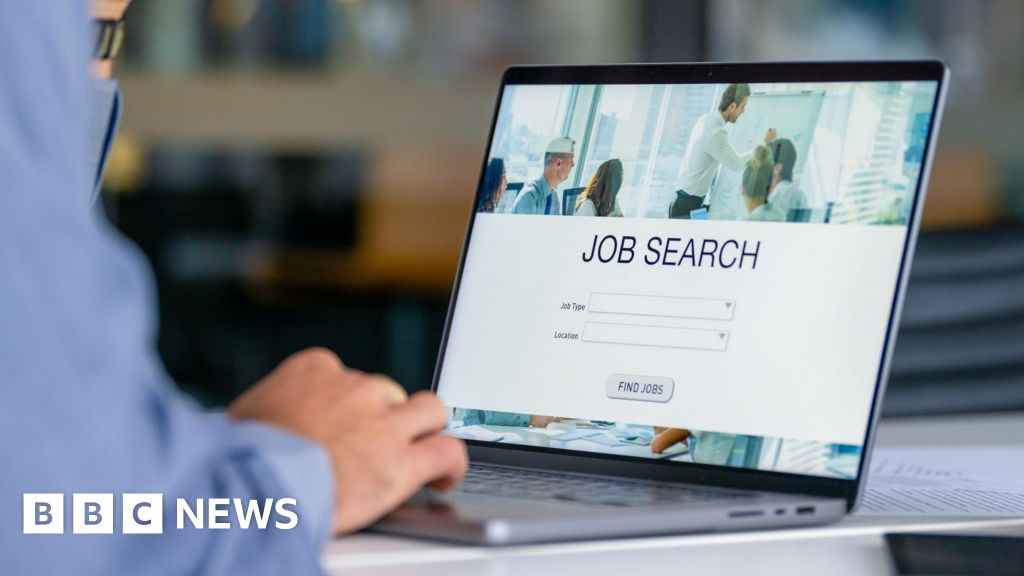
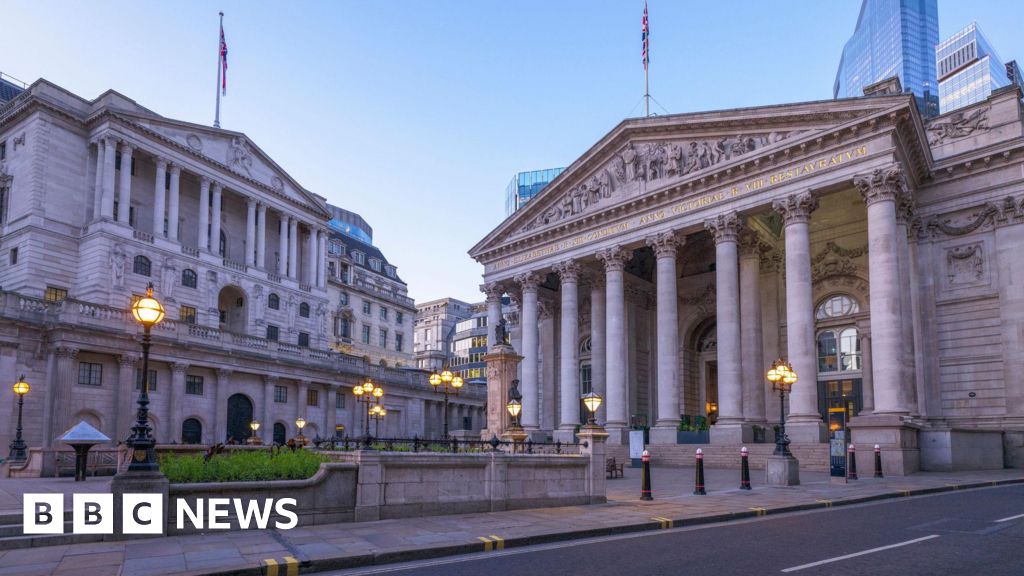

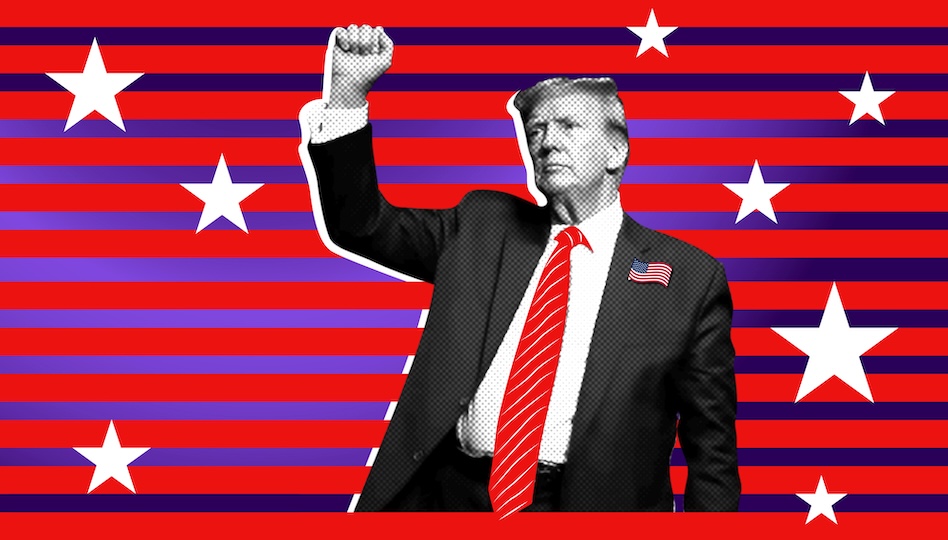
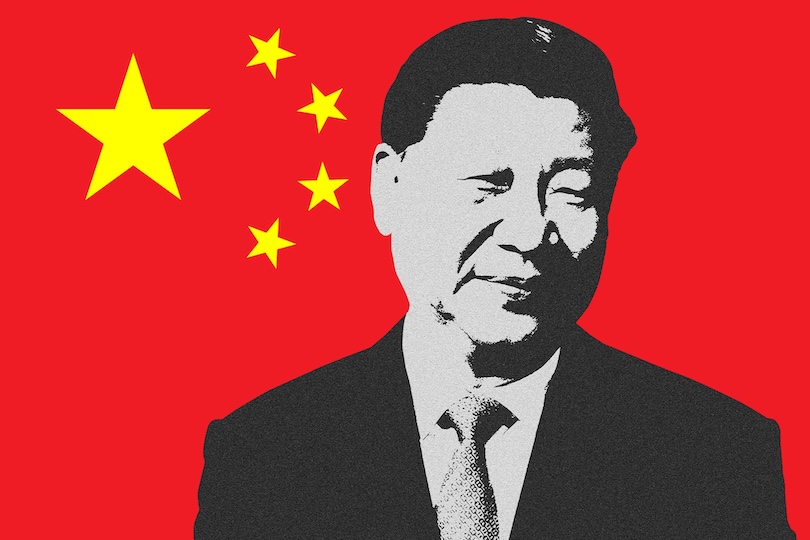
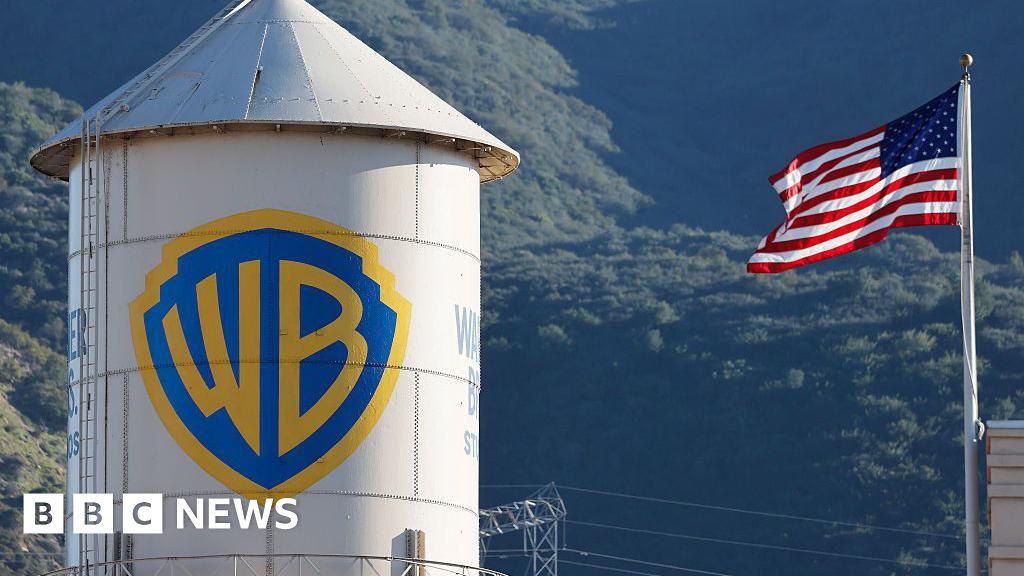
![Presidents Day Weekend Car Sales [2021 Edition] Presidents Day Weekend Car Sales [2021 Edition]](https://www.findthebestcarprice.com/wp-content/uploads/Presidents-Day-Weekend-car-sales.jpg)




 English (United States)
English (United States)